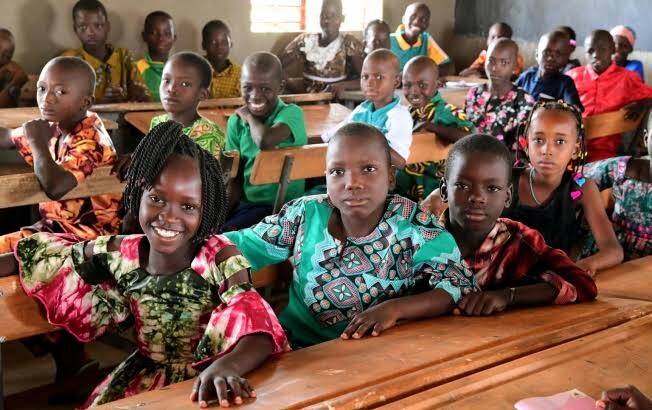Quality education is a fundamental human right, yet millions of children in Africa still lack access to it. In this blog post, we'll explore the importance of promoting quality education for children in Africa and discuss some of the key challenges they face. We'll also highlight initiatives and strategies aimed at improving educational opportunities for the continent's young minds.
The Importance of Quality Education:
Breaking the Cycle of Poverty: Quality education empowers children to break the cycle of poverty. It equips them with the knowledge and skills necessary to secure better job opportunities and improve their standard of living.
Fostering Innovation: Education is the cornerstone of innovation and progress. By providing quality education to children in Africa, we nurture a new generation of thinkers, creators, and problem solvers who can contribute to the continent's development.
Challenges to Quality Education in Africa:
Access and Infrastructure: Many children in Africa lack access to schools, and those that do often face overcrowded classrooms and inadequate facilities.
The Importance of Quality Education:
Breaking the Cycle of Poverty: Quality education empowers children to break the cycle of poverty. It equips them with the knowledge and skills necessary to secure better job opportunities and improve their standard of living.
Fostering Innovation: Education is the cornerstone of innovation and progress. By providing quality education to children in Africa, we nurture a new generation of thinkers, creators, and problem solvers who can contribute to the continent's development.
Challenges to Quality Education in Africa:
Access and Infrastructure: Many children in Africa lack access to schools, and those that do often face overcrowded classrooms and inadequate facilities.

Poverty: Economic challenges force families to prioritize basic needs over education expenses, resulting in high dropout rates and limited access to educational resources.
Teacher Shortages: A shortage of qualified teachers is a significant obstacle to quality education. Addressing this issue requires investment in teacher training and recruitment.
Initiatives and Strategies:
Universal Access Campaigns: Governments and NGOs are working to ensure every child has access to primary and secondary education, including girls and marginalized groups.
Technology Integration: Leveraging technology can help bridge educational gaps, especially in remote areas. Initiatives providing internet access and digital resources are making education more accessible.
Teacher Training and Development: Investments in teacher training and support are crucial for improving the quality of education. Professional development programs help teachers stay current with best practices.
Community Engagement: Involving communities in education decisions can lead to more effective and sustainable solutions. Parents, guardians, and local leaders play pivotal roles in advocating for quality education.
Public-Private Partnerships: Collaboration between governments, private sector organizations, and civil society can mobilize resources and expertise to drive educational reforms.
Promoting quality education for children in Africa is not just a moral imperative but also an investment in the continent's future. By addressing the challenges and implementing initiatives to improve educational opportunities, we can unlock the immense potential of Africa's young minds, fostering innovation, economic growth, and a brighter future for generations to come. It's time to prioritize quality education as a catalyst for positive change in Africa.
Teacher Shortages: A shortage of qualified teachers is a significant obstacle to quality education. Addressing this issue requires investment in teacher training and recruitment.
Initiatives and Strategies:
Universal Access Campaigns: Governments and NGOs are working to ensure every child has access to primary and secondary education, including girls and marginalized groups.
Technology Integration: Leveraging technology can help bridge educational gaps, especially in remote areas. Initiatives providing internet access and digital resources are making education more accessible.
Teacher Training and Development: Investments in teacher training and support are crucial for improving the quality of education. Professional development programs help teachers stay current with best practices.
Community Engagement: Involving communities in education decisions can lead to more effective and sustainable solutions. Parents, guardians, and local leaders play pivotal roles in advocating for quality education.
Public-Private Partnerships: Collaboration between governments, private sector organizations, and civil society can mobilize resources and expertise to drive educational reforms.
Promoting quality education for children in Africa is not just a moral imperative but also an investment in the continent's future. By addressing the challenges and implementing initiatives to improve educational opportunities, we can unlock the immense potential of Africa's young minds, fostering innovation, economic growth, and a brighter future for generations to come. It's time to prioritize quality education as a catalyst for positive change in Africa.
